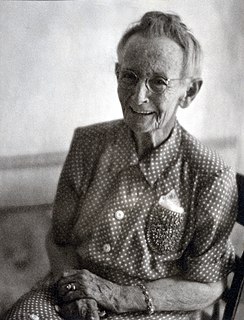A Quote by William Shakespeare
Related Quotes
There is also a particular area of sleep called slow-wave sleep. I immediately liked this idea. It turns out this part of sleep is where the brain basically gets into step with itself and gets into this one single phase of these relatively slow brain waves - around 10 Hz or so - and the whole brain 'fires all at once'. This is a brilliant bit of sleep where we consolidate memory and learning, and memory is one of my obsessions really.
Mind mapping is a technique based on memory and creativity and comprehension and understanding, so when the student or a child uses the mind map, they are using their brain in the way their brain was designed to be used, and so the mind helps them in all learning and cognitive skills. It simply helps them in what the brain does naturally.
How is the mind which functions on knowledge how is the brain which is recording all the time to end, to see the importance of recording and not let it move in any other direction? Very simply: you insult me, you hurt me, by word, gesture, by an actual act; that leaves a mark on the brain which is memory. That memory is knowledge, that knowledge is going to interfere in my meeting you next time obviously.






































